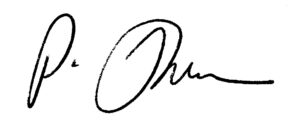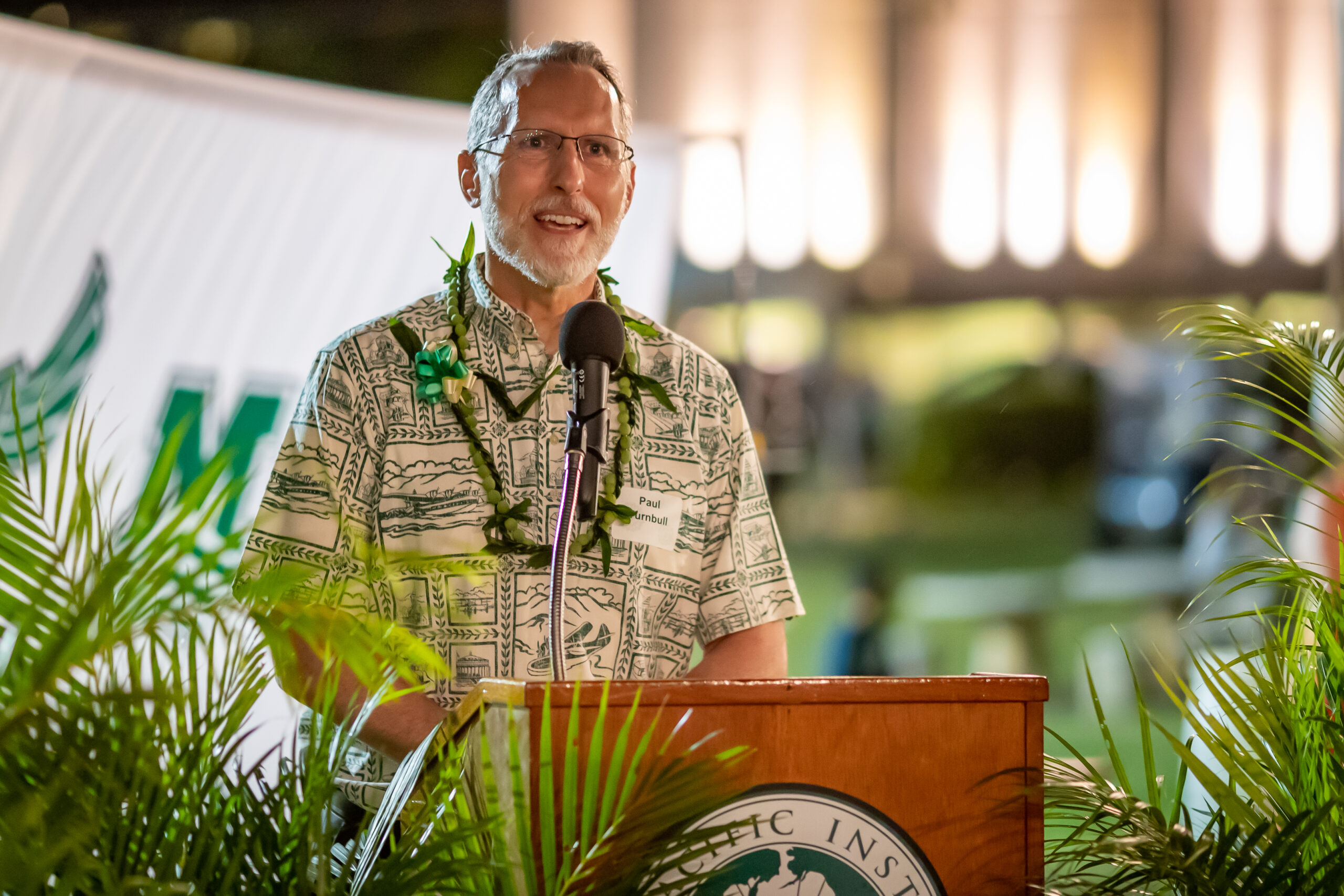In 2017 we published an edition of Mid-Pacific Today that focused on a growing movement in educational circles known as Deeper Learning. At the time Mid-Pacific was already considered a leader in Deeper Learning, having made the conscious decision years earlier to transition from a school that offered traditional practices of teaching and learning to a more progressive 21st century school.
Our focus on Deeper Learning – an approach that emphasizes the convergence of a student’s creativity, mastery, and identity – was in response to the rapidly changing needs of the 21st century and our responsibility to prepare students for the unknown challenges that lay ahead. We made this conscious choice because history shows that change, while difficult, is also necessary if organizations are going to thrive over the long-term.
To whit, a little over a century ago the first industrial revolution was in full swing, and with it came the need for an education system that would provide skilled workers for jobs that were developing at breakneck speed. Thus, the factory model of public education was born. Students were segmented into grades, further segmented into classes for academic instruction in discrete disciplines, placed in desks in neat rows within those classrooms, and then shuffled between classes on a timed schedule. Punch in; punch out.
Today, however, there’s a problem. Our education system was built for transitions between industrial revolutions in the 20th century, not the 21st century. Today we find ourselves moving from an age of information technology brought about by the internet (the 3rd Industrial Revolution) into an era of cloud computing, artificial intelligence, and machine learning – the 4th Industrial Revolution. Simply stated, the 20th century model cannot meet these new social, economic, and political demands.
However, Deeper Learning is the educational answer to preparing students for the new economy created by the 4th industrial revolution, and Mid-Pacific is Hawaiʻi’s leader in Deeper Learning. By asking students to complete complex group tasks that require time, planning and coordination among different personalities, we incorporate Deeper Learning concepts into the competencies found within our Learner Profile and we work to future-proof our students.
As you read the following pages, I’m sure you’ll also deepen your understanding of Mid-Pacific’s approach, and you will capture a glimpse of how we are redefining the future of education in every classroom, every day.
E Kūlia Kākou,
(Let’s strive and aspire together)

Paul Turnbull, Ph.D.
President

